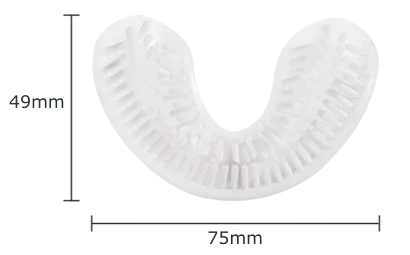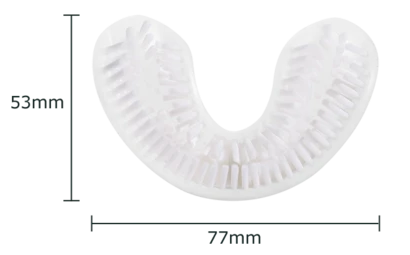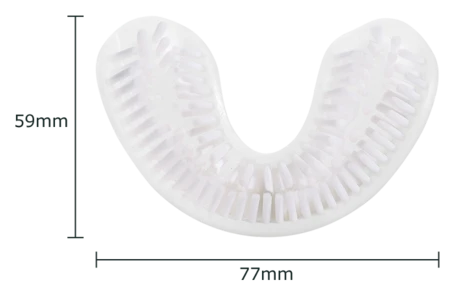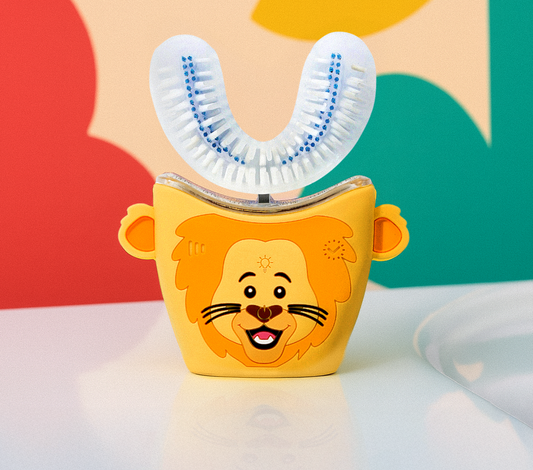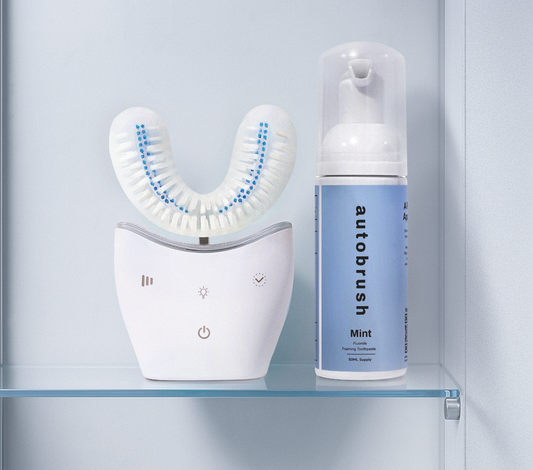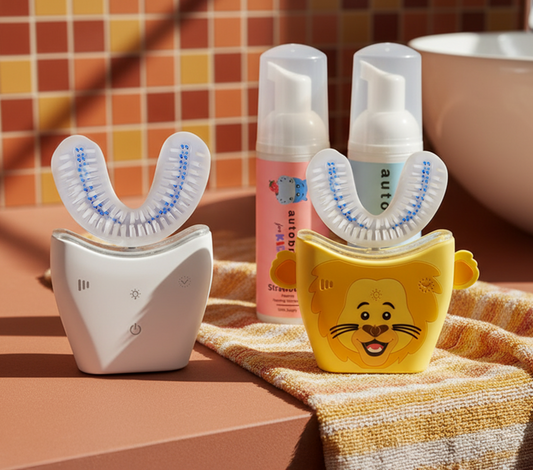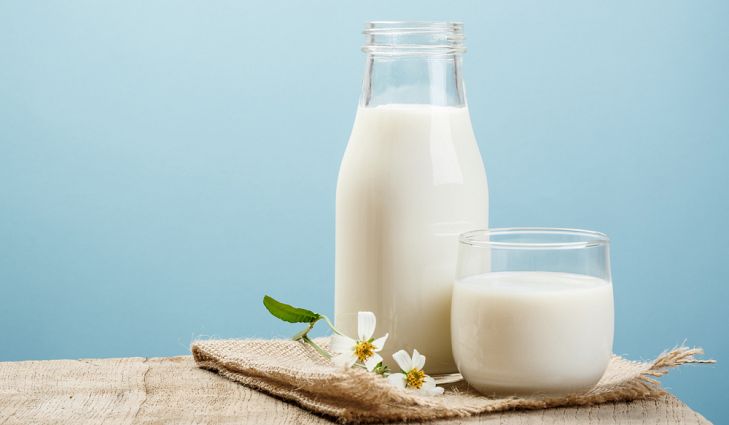
Is Milk Good for Your Teeth?
Is milk actually good for you?
Both dental and healthcare professionals are united on one universal principle — drinking milk is great to strengthen bones and teeth.
But how much dairy should you be drinking? Can milk prevent tooth decay? What about my fellow lactose intolerant people?
In this blog, I’m spilling all the facts about milk and dental health. (No crying allowed!)

How does milk help my teeth and bones?
Milk is an excellent source of calcium, the most common mineral in the human body. According to the National Institute of Health (NIH), our bodies store 99% of all our calcium in our bones and teeth. This is why in order to maintain our body’s strength, most family doctors recommend a daily intake of 200 milligrams to 1,300 milligrams of calcium.
But the need for dairy actually occurs before childhood even begins.
Expecting mothers are encouraged to consume approximately 1000 to 1300 milligrams of calcium per day. This is the proper amount to ensure the baby gets enough calcium and nutrients as they develop.
How milk prevents tooth decay
The consumption of dairy products also help to prevent tooth decay.
Milk contains proteins known as caseins which creates a protective layer around the enamel of your teeth. This helps fight against many common bacteria which can contribute to tooth decay. In addition, calcium helps to rebuild weakened tooth enamel.
Toothy tip: Try drinking milk after eating sugary foods. Drinking milk afterwards can help reduce the negative effects and acidic buildup from sugary foods.

How many servings of dairy should I have daily?
Suggested servings of dairy products vary with age. Below are the suggested servings the Dietary Guidelines for Americans (DGA) recommends.
Ages 2 to 3 years: 2 cups of dairy
Ages 4 to 8 years: 2.5 servings
Ages 9 to 18+: 3 servings
The Dietary Guidelines for Americans bases these recommendations off the great nutritional value dairy adds while still complimenting the average person’s calorie, sodium, and saturated fat limits.
Beyond calcium, dairy products are also contributors to our needed intake of phosphorus, vitamin A, vitamin D, riboflavin, vitamin B12, protein, potassium, zinc, choline, magnesium, and selenium.
Not a huge fan of milk? Luckily, there are plenty of delicious options to choose from to get dairy into your diet listed below.
- Greek yogurts
- Hard cheeses, mozzarella, and cottage cheese
- Frozen yogurt or ice cream
- Almond, pea, flaxseed, and calcium-fortified soy milk
Toothy tip: Most dairy products have fat-free or low-fat options that still offer high amounts of calcium.
Do milk alternatives actually replace cow's milk?

In recent years, milk has started quite the controversy. Milk alternatives including almond, oat, hemp, pea, even quinoa milk have made their grand entrances on supermarket shelves. But do they truly replace milk in your diet?
According to D. Jackie Haven, deputy administrator for the U.S. Department of Agriculture’s Center for Nutrition Policy and Promotion, “usually these beverages do not include all of the necessary nutrients needed to replace dairy foods.”
This shouldn’t discourage those that need to avoid dairy due to allergies or other dietary restrictions. It is possible to find a milk substitute that will offer the same benefit as dairy products, but it’s important to do your research and read the labels to avoid added sugars and other unnecessary ingredients.
Continue daily dental care
In addition to drinking milk, be sure to keep you and your child on a regular brushing routine to keep teeth healthy and strong.
Don’t forget to...
→ Brush twice a day will a soft nylon bristled toothbrush.
→ Floss once a day. (Flossers make this an easy habit to keep.)
→ Use a tongue scraper to remove odor-causing bacteria and any buildup.
What to Read Next…
Why Does Pineapple Hurt Your Mouth










































